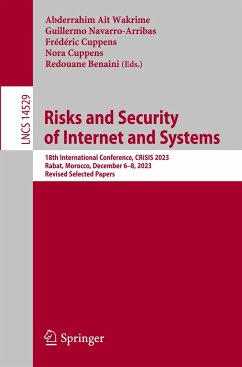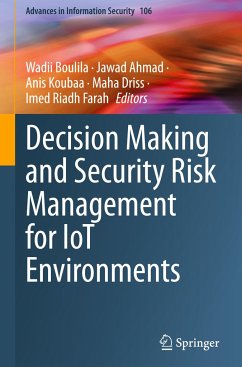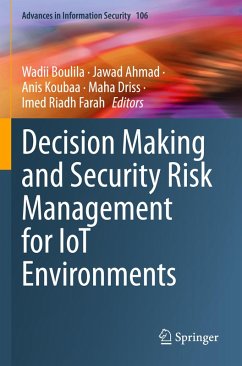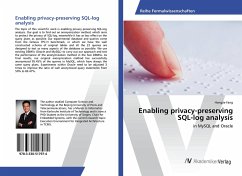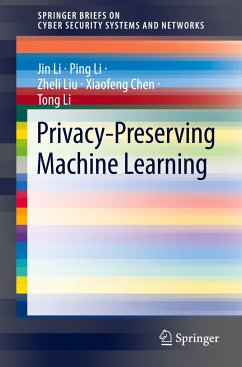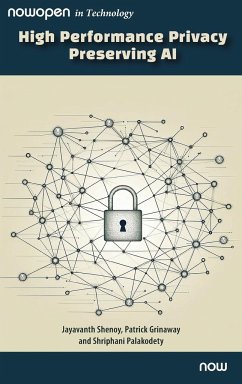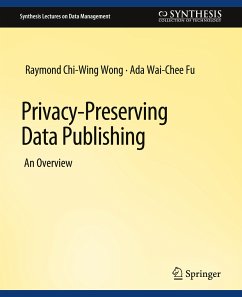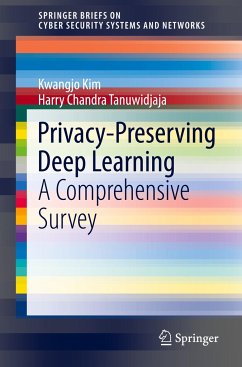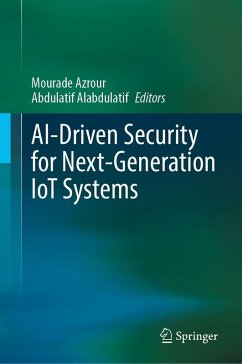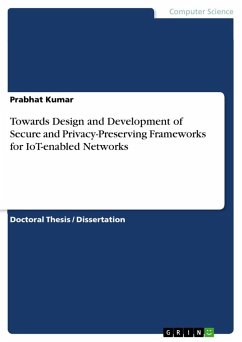
Towards Design and Development of Secure and Privacy-Preserving Frameworks for IoT-enabled Networks

PAYBACK Punkte
0 °P sammeln!
Doctoral Thesis / Dissertation from the year 2022 in the subject Computer Sciences - Internet of Things, IOT, grade: First, , course: PhD, language: English, abstract: With the advancement of low-cost and low energy-consuming sensors, the Internet of Things (IoT) is building a network of Internet-enabled devices. The concept of IoT is employed in almost all fields such as healthcare, smart cities, smart grids, energy distribution, agriculture, and even transportation. In a typical IoT-enabled network, smart sensors are geographically distributed to collect and process data within a smart infra...
Doctoral Thesis / Dissertation from the year 2022 in the subject Computer Sciences - Internet of Things, IOT, grade: First, , course: PhD, language: English, abstract: With the advancement of low-cost and low energy-consuming sensors, the Internet of Things (IoT) is building a network of Internet-enabled devices. The concept of IoT is employed in almost all fields such as healthcare, smart cities, smart grids, energy distribution, agriculture, and even transportation. In a typical IoT-enabled network, smart sensors are geographically distributed to collect and process data within a smart infrastructure using an open channel, the Internet. However, the use of the Internet brings inherent vulnerabilities related to security (e.g., IoT devices can be compromised using advanced hacking techniques) and privacy (e.g., adversary performing inference and data poisoning attacks). Intrusion Detection System (IDS) and Cyber Threat Intelligence (CTI) are the two most extensively used techniques in IoT-enabled networks to safeguard the integrity and availability of sensitive smart systems. However, the presence of a large volume of data i.e., dimensionality curse and cloud-based centralized deployment mechanism hurts the IDS performance in terms of intrusion detection tasks and increased latency for data processing. On the other hand, modelling CTI is challenging due to the limited labels of cyber threat sources, and analysing these sources to extract relevant threat information manually is a time-consuming and error-prone procedure that necessitates a large investment of resources. This thesis provides substantial contributions to research on the building of a distributed IDS, a hybrid feature selection approach, an automated CTI Modelling and Identification scheme, and a deep privacy-encoding module for enhancing security and privacy of IoT-enabled networks.




